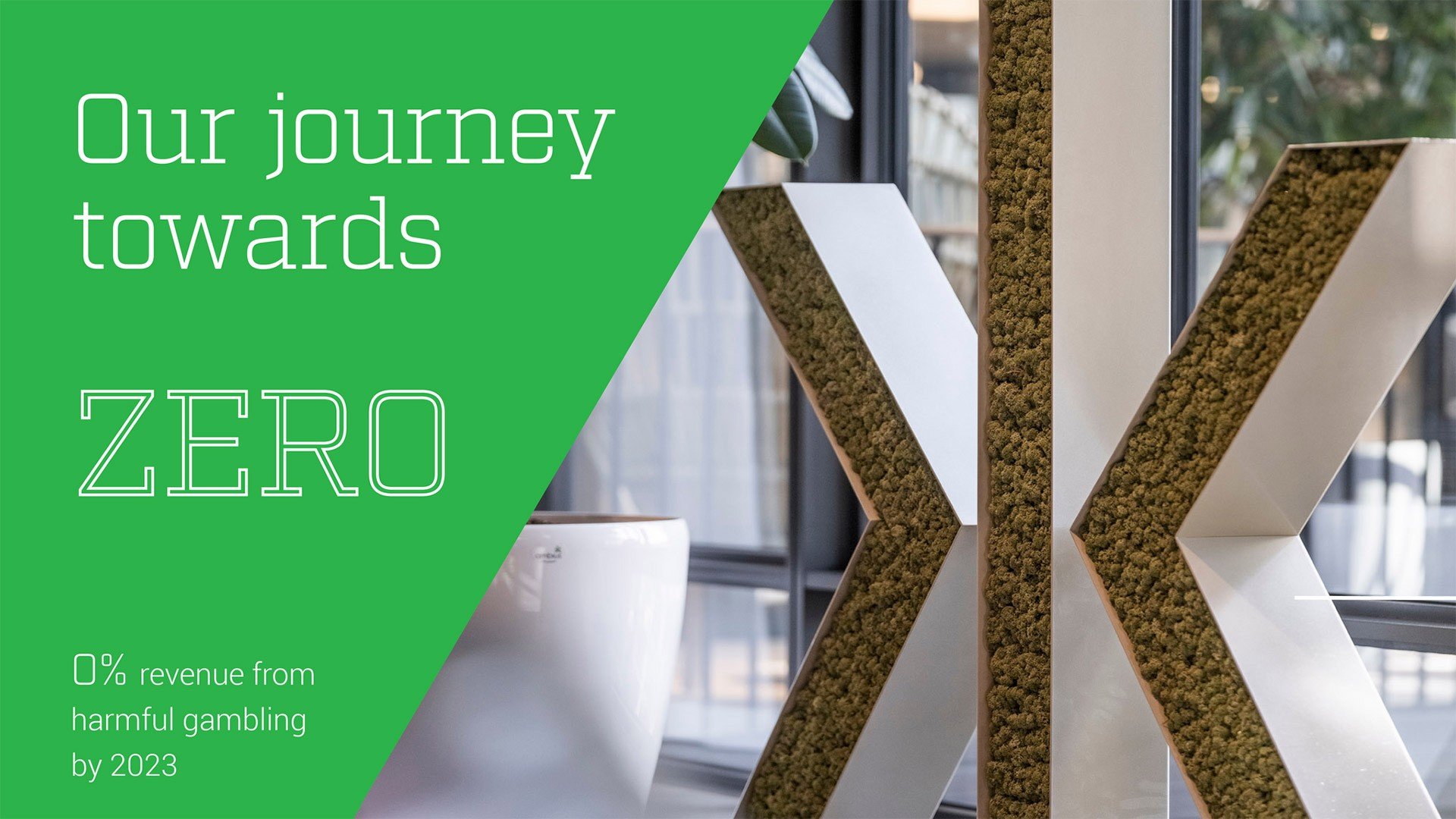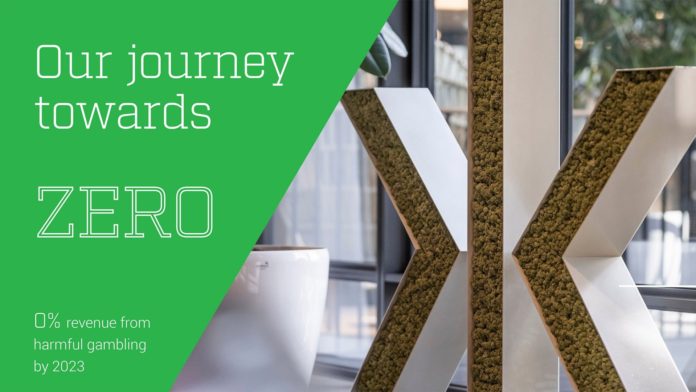K
indred Group published on Monday the share of revenue from harmful gambling report for Q3 2021, which accounted for 3.3%, having dropped 1% since Q2. These statistics show the revenue obtained from high-risk players, and the improvement effect after interventions, which was of a 64.9% this quarter.
|
Global statistics from Kindred Group |
Q4 2020 |
Q1 2021 |
Q2 2021 |
Q3 2021* |
|
Share of gross winnings revenue from high-risk players |
4.3% |
3.9% |
4.3% |
3.3% |
|
Improvement effect after interventions |
75.7% |
76.6% |
76.9% |
64.9% |
Henrik Tjärnström, CEO of Kindred Group, spoke about this quarter’s results and said: “We are pleased to see that the percentage of revenue coming from harmful gambling has decreased. Whilst we welcome this decrease, we do understand that we still have to work hard to further decrease this number. In line with our roadmap, our operational teams have worked to implement more proactive customer interactions, and this has resulted in an increase in the use of control tools to help customers stay in control”.
“We have also taken a more cautious approach towards the younger demographic, since this group is at a higher risk financially and is more prone to addiction. Therefore, we have set up tailored approaches to de-risk customers that are between 18-24 and we can already see the benefits from this action”, he added.

Kindred has set the goal to reach 0% of revenue from harmful gambling by the end of 2023, and to report this on a quarterly basis, aiming for transparency and contributing to a fact-based dialogue about harmful gambling while raising awareness of the group’s sustainability work.
On 11 October, Kindred’s Head of Responsible Gambling and Research, Maris Catania, together with her PhD tutor, Professor Mark Griffiths, published a peer-reviewed research paper that examines the application of DSM-5 criteria for gambling disorder to actual online gambling behavior. This notion and approach are the basis for the ideology behind Kindred’s behavioral monitoring system.
Kindred announced it will continue to work on publishing more research to increase the transparency of information through empirical studies
“To limit harmful gambling, the behaviour has to be identified in the first place. Our research provides Kindred with actual examples of the types of behaviour engaged in by problem gamblers, which could be used by the player protection team to identify potential markers of harm,” said Professor Mark D Griffiths, Nottingham Trent University.
Original article: https://www.yogonet.com/international//noticias/2021/10/25/59888-kindreds-share-of-revenue-from-harmful-gambling-drops-to-33por_ciento-in-q3














